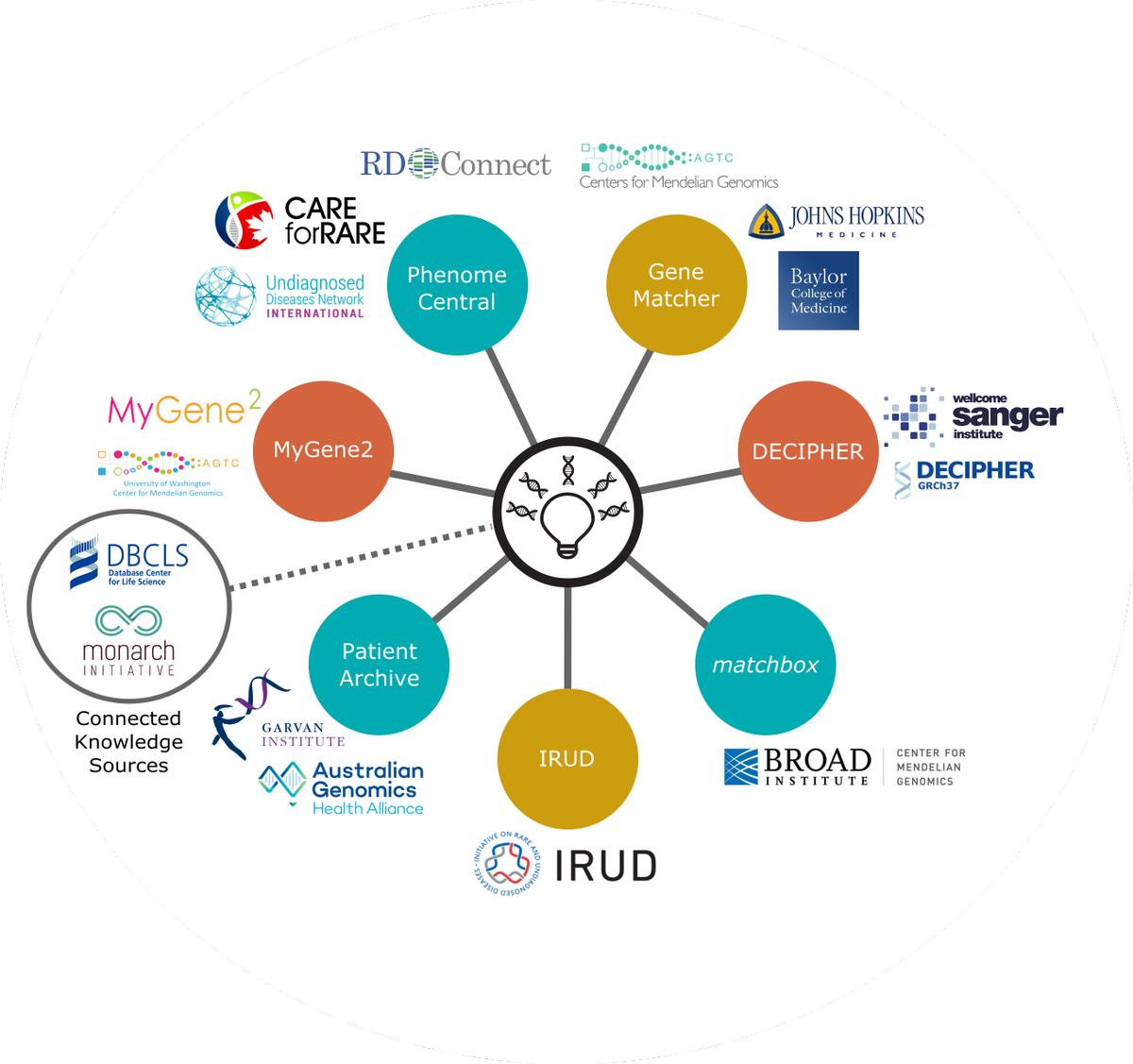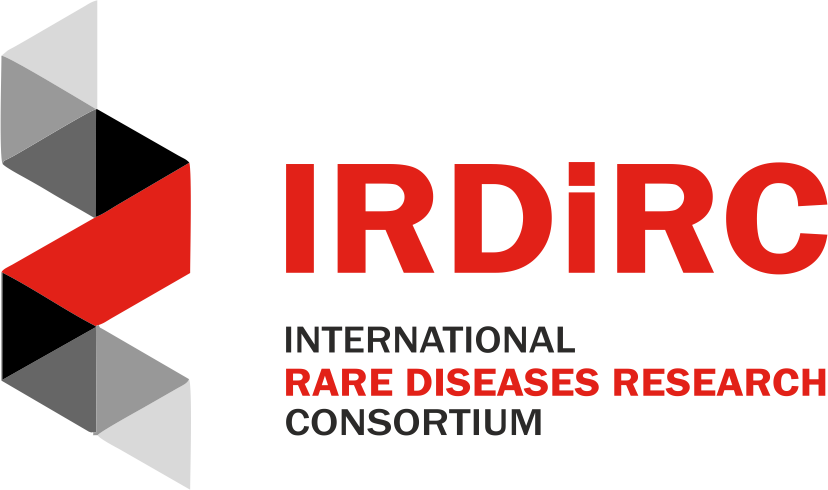
Introduction
The majority of patients with a rare disease lack a clear diagnosis. The possibility to perform exome and genome sequencing has raised hope for a diagnosis for all. Unfortunately, experience has shown rapidly that many variants identified in patients are difficult to interpret if observed in a single patient. This is particularly challenging if the variant is identified in a gene that has not yet been associated with a rare disease. Everyone now acknowledges the need to collect large data sets containing phenotype and genotype information from unsolved patients with rare diseases. However, multiple research and clinical laboratories and rare disease consortia collect data independently, resulting in fragmentation of efforts and making the matching of similar cases difficult.
Objectives
To address this challenge, a meeting was organized by IRDIRC and the Clinical Genome Resource (ClinGen) program, resulting in the launch of an international and open collaboration called the ‘Matchmaker Exchange’ in October 2013. The goal of the Matchmaker Exchange is to facilitate genomic discovery through the exchange of phenotypic and genotypic profiles. It involves a large and growing number of teams and projects working towards a federated platform (Exchange) to facilitate matching unsolved cases with similar phenotypic and genotypic profiles (matchmaking) through standardized application programming interfaces (APIs) and procedural conventions.
Steering Committee (7)
The IRDiRC Matchmaker Exchange Task Force Steering committee members are:
- Kym Boycott – Children’s Hospital Eastern Ontario, Canada
- Tony Brookes – University of Leicester, UK
- Heidi Rehm – Partners & Harvard Medical School, USA
- Han Brunner – Radboud University Medical Center, the Netherlands
- Ada Hamosh – John Hopkins University School of Medicine, USA
- Bartha Knoppers – McGill University, Canada
- Anthony Philippakis – Broad Institute of MIT & Harvard, USA
Documents
The Matchmaker Exchange Task Force has created the Matchmaker Exchange website. For additional information on this initiative, read the review article of The Matchmaker Exchange in the Human Mutation Journal or read the article about the Matchmaker Exchange API.
The Matchmaker Exchange steering committee (SC) now governs the program. The SC is composed of a representative from each approved matchmaker service, the Chair of the Diagnostics Scientific Committee from IRDiRC, and other engaged international initiatives such as the Global Alliance for Genomics and Health. The SC is charged with maintaining the service requirements, user agreement, and oversight of the API to ensure the MME meets the needs of the rare disease community and reflects consensus standards and best practices as set forth by IRDiRC.

